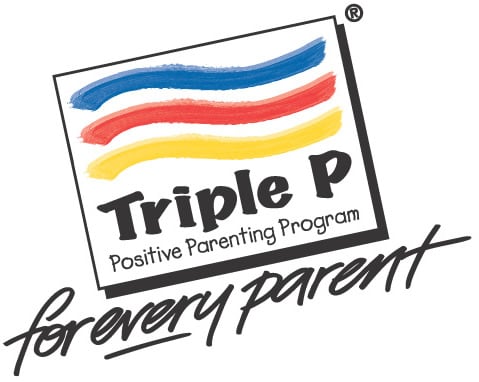Dabbing: "You Are All Crazy, It's A Dance!"
From the moment we hold our own baby in our arms, we have a deep instinctual desire to keep that baby safe.
We read all the “latest” info on child development, never thinking that maybe the old tried and true that our Mothers told us might be best. Sometimes, as a parent, we become fatigued from repeating the same message…think of having a 2 year old or a teenager. Well, imagine being a grandparent and still wanting to keep your children and grandchildren Safe, Healthy, and Drug Free! Exhausting.
I received a long, descriptive definition about the “latest” drug trend, Dabbing. I was perplexed about how to handle the information. The dilemma: if we broadcast all the particulars, will it give some enterprising kid an idea to try it?
Well, as usual, I tested out the message on my family. New technology gives us the power to connect to everyone through text chats. So on one of the family exchanges, I casually asked, “does anyone know what Dabbing is?” The exchanges ranged from dabbing as a verb with a cotton ball, to a dance, to a drug.





